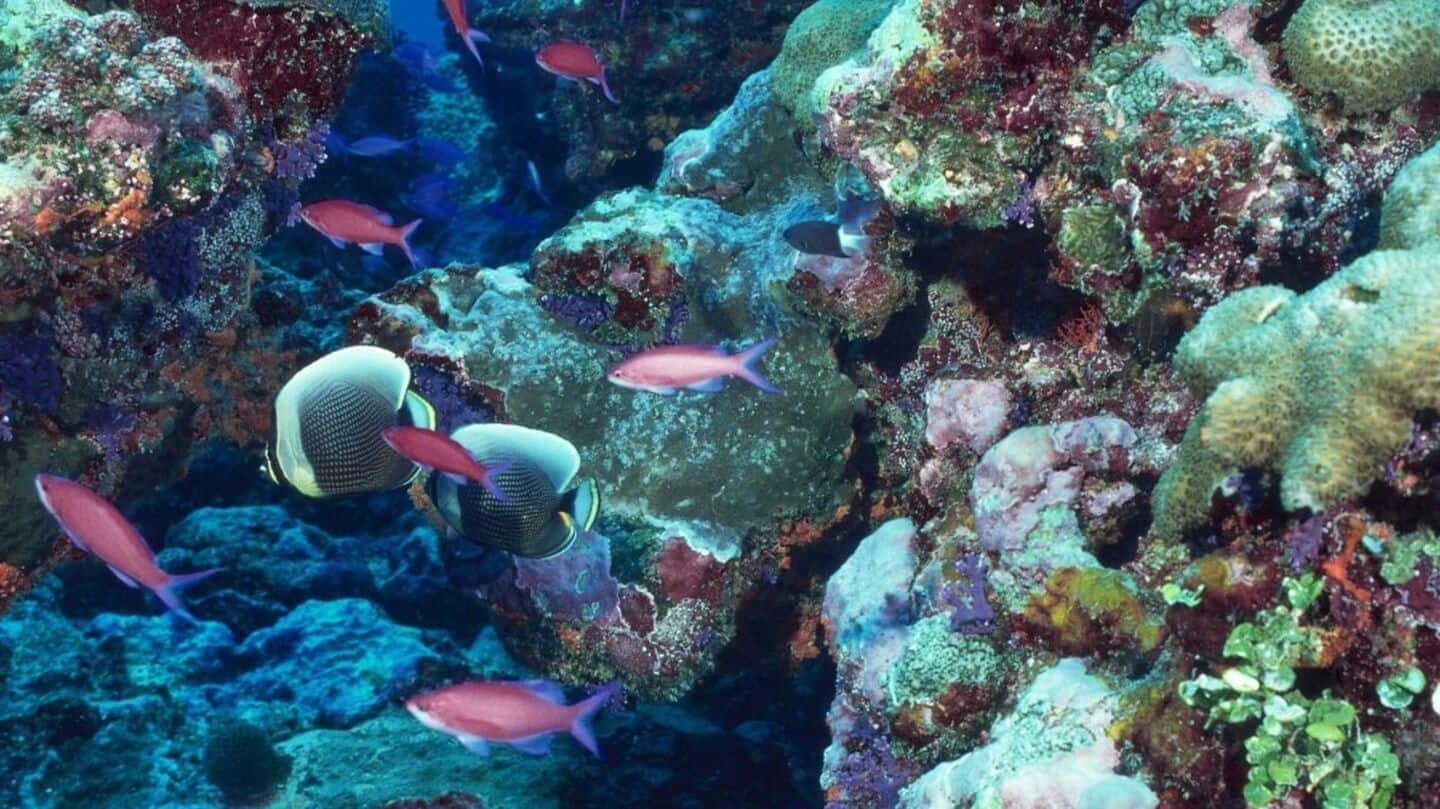
AI being used to track 'curious' corals in India
What's the story
Scientists at the National Institute of Ocean Technology (NIOT) in Chennai have developed an AI algorithm capable of tracking "curious" corals.
These unique corals, discovered during deep-sea expeditions, are either new species or appear resilient to climate change.
The tracking algorithm was trained using pictures collected in Andaman and Nicobar Islands. It promises to improve our understanding of coral reef ecosystems and their response to climate change.
Process
How does the AI algorithm work?
The AI algorithm, which was developed by the NIOT team, employs advanced computer vision and deep learning techniques. It was trained on six different families of coral images.
The algorithm employs the YOLOv8 model for detecting and classifying corals, along with the ByteTrack model for tracking.
This way, it achieves an impressive mean average precision of 97.4% and a recall rate of 96.8%.
Impact
Revolution in coral monitoring
The high accuracy of the algorithm allows autonomous underwater vehicles (AUVs) to detect and monitor corals in real-time over large areas.
This removes the need for manual intervention by divers and reduces subjective decisions.
By deploying AUVs with AI-backed image processing, scientists can collect detailed data on coral health and dynamics over vast areas.
Research implications
AI aids in understanding climate change impact
The data collected by the AUVs is critical for environmentalists who want to learn how climate change impacts reef ecology.
The insights from this research will guide policy decisions to sustain coral reefs.
As coral reefs foster biodiversity, shield coastlines, and sustain the livelihoods of millions, their conservation is a top priority.